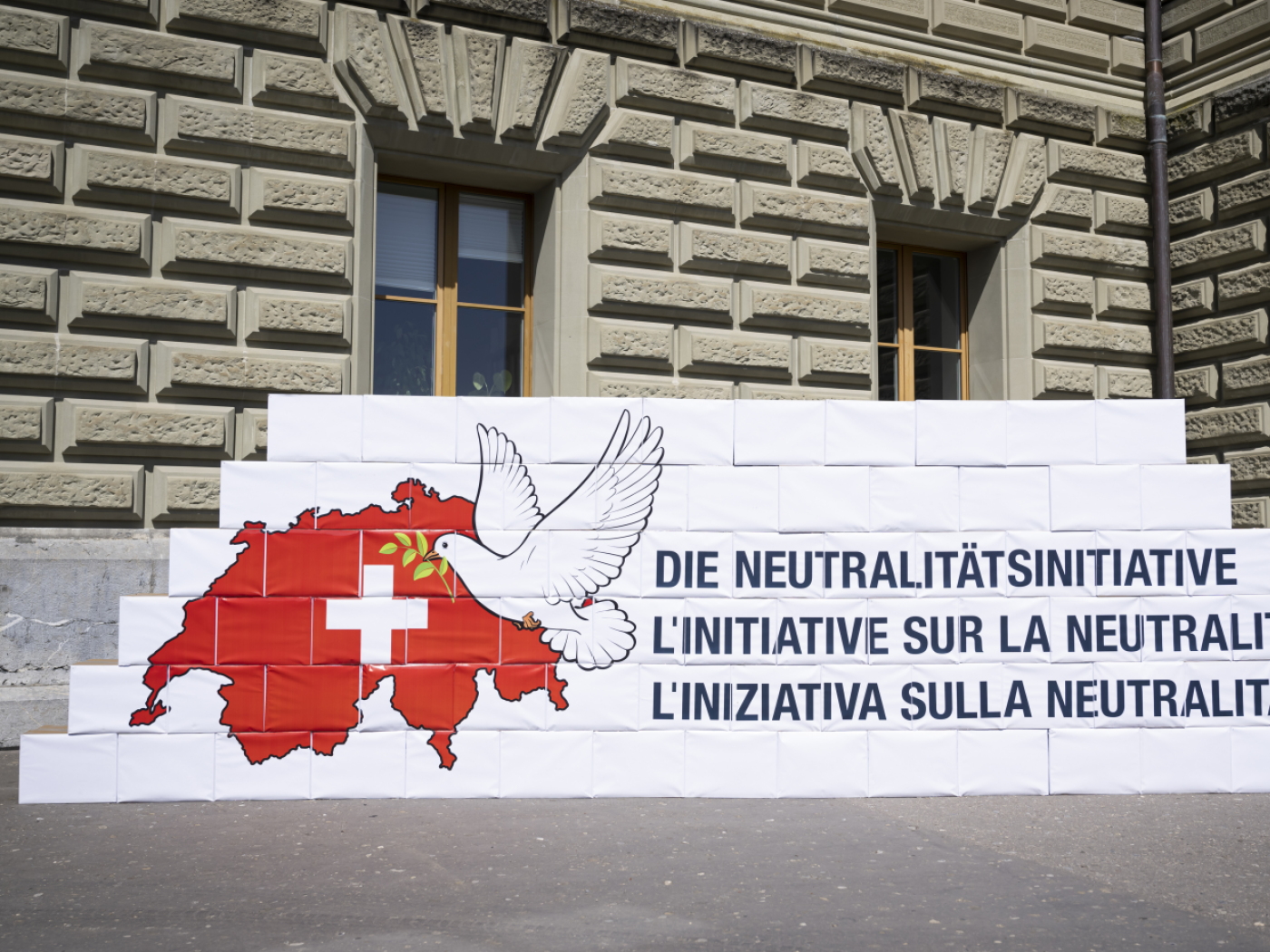
Third time lucky for Federer
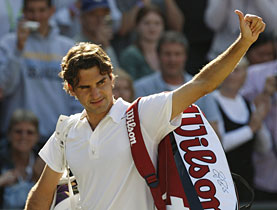
Swiss world tennis number one Roger Federer is aiming to add a gold medal to his trophy collection at the Beijing Olympics, which open on his 27th birthday.
Federer finished fourth at the 2000 Olympics in Sydney and was surprisingly beaten in the second round in Athens in 2004 by unseeded Czech Tomáš Berdych.
Apart from the French Open, the only other major title missing from Federer’s impressive CV is Olympic gold.
He will also be keen to add a bit of sparkle to an otherwise forgettable year by his standards.
Federer was beaten by his Spanish nemesis Rafael Nadal in the finals of the French Open in June and Wimbledon in July, the latter defeat being particularly bitter for the Swiss as it ended his chance to write history by becoming the first man since the 1880s to win a sixth consecutive championship at the All England Club.
But despite his limited success at the Olympics, Federer said playing at the Games was one of the highlights of his career.
“When I played in Sydney I thought it was an incredible feeling. It was such a happy couple of weeks for me in my life that I couldn’t believe it,” he said.
“Adding to that I met my girlfriend there, which was great,” he said referring to Mirka Vavrinec, who was playing for the Swiss women’s team at the time and who is now his manager.
The 12-time grand slam champion says he is hoping to carry his country’s flag at the opening ceremony on August 8.
“I would be very proud to carry the Swiss flag again, like I did in Athens,” Federer said at the Hamburg Masters in May before losing to Nadal.
“To be at the Olympics, it’s one of the greatest things for an athlete.”
Doubts
Back in March however Federer cast doubt on whether he would play in Beijing.
He said he was slightly disillusioned with his experience in Athens and felt that some of the shortcomings of those Games might be repeated in China.
He said he felt that there were several difficulties in 2004, and he would like to consider avoiding a repeat.
“It was quite difficult in Athens – taking the bus and not being in control of my own schedule, and many people recognising me in the village,” Federer said.
“It was not as enjoyable as Sydney, which I loved. I still have not made up my mind [whether to play in Beijing],” he added, perhaps concerned as to whether there would be traffic and commuting problems for visiting athletes.
Regarding China’s much-criticised human rights record, Federer and Nadal have both said they are aware of China’s crackdown in Tibet but agreed that political problems were best left to politicians.
Asked about the inconvenience of being so often recognised, Federer said: “Every time I go to eat someone taps on your shoulder. I don’t mind it but I wish it was different one day of the week.”
Federer admitted that avoiding recognition is also one of the reasons why he makes Dubai his training base.
Hot stuff
Federer did however make up his mind, and being used to the searing Middle East heat could be a considerable advantage.
According to the Chinese meteorological office, the period for the Olympic Tennis competition – August 10-17 – could be the hottest days in Beijing, with temperatures peaking at nearly 30 degrees Celsius and not going below 20 degrees.
The sunlight that directly hits the partially exposed Olympic Green Tennis Center will heat the ground to more than 40 degrees and may force the game to be stopped, as it once was at the Australian Open.
To solve the problem, several pieces of ventilation equipment have been installed at the 12 petal-shaped stands of the court to take in fresh air. Circulation facilities then release the air through vents located all around the court, lowering both the temperature of the court and the stands.
Medal detectors
In previous years the Olympics hasn’t been every tennis player’s top priority – the defending men’s champion is Chilean world number 131 Nicolás Massú, who got a wildcard entry.
But this year eight of the world’s top ten male players will be hoping to return home with a medal. Only Andy Roddick and Richard Gasquet will not be in Beijing, preferring to focus on the US Open, which starts on August 25.
Nevertheless, the hard surface at the Olympic Green Tennis Center suits Federer’s game and he will be quietly confident of emulating fellow Swiss Marc Rosset, who won gold at the Barcelona Olympics in 1992.
Unfortunately because of his losses this year to Nadal, the “Golden Slam” – winning all four major singles tournaments and the Olympic gold in the same calendar year – will have to wait until the 2012 Olympics in London. Steffi Graf remains the only player to have achieved the Golden Slam.
swissinfo, Thomas Stephens
Federer was born on August 8, 1981 in Binningen, canton Basel Country, and grew up in nearby Münchenstein to Swiss-German Robbie and South African Lynette Federer. His sister, Diana, is 20 months older than him and is a nurse.
Since 2000 Federer has been going out with Miroslava “Mirka” Vavrinec, whom he met at the 2000 Sydney Olympics. Vavrinec is now Federer’s manager.
Federer has won 12 grand slam titles – two short of Pete Sampras’s record 14 – and amassed a fortune worth $40,000,000.
The tennis event of the 29th Olympic Games will be held at the Olympic Green Tennis Center in Beijing from August 10-17.
172 tennis players (of a total 10,500 participants) will compete. There is a maximum of six male tennis players and six female per country (four men and four women per singles, two doubles pairs).
Federer is one of five Swiss taking part: Stanislas Wawrinka will also be playing in the men’s singles (and with Federer in the men’s doubles); Patty Schnyder and Timea Bacsinszky will play in the women’s singles, and Emmanuelle Gagliardi will play with Schnyder in the women’s doubles.
The singles events consist of a knock-out draw of 64 players. The two losing semifinalists will play for the bronze medal. All matches except the finals are best of three sets except the men’s singles and doubles finals, which best of five.
Tennis returned to the Olympic Games at the 1988 Olympics in Seoul, having been left out since the 1924 Olympics in Paris. Tennis had been a demonstration sport at the 1984 Olympics in Los Angeles.
There are no mixed doubles on the current Olympic programme, although it was an event in 1900, 1906, 1912, 1920, and 1924.

In compliance with the JTI standards
More: SWI swissinfo.ch certified by the Journalism Trust Initiative









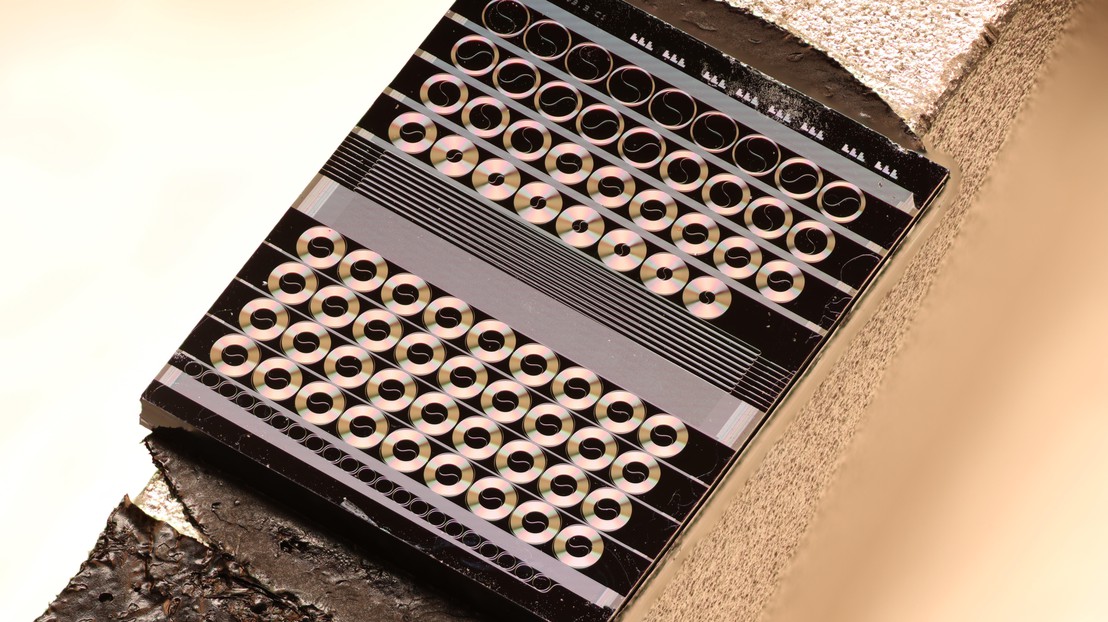

























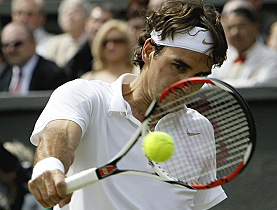
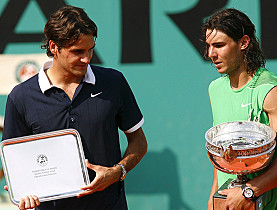
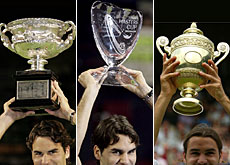
You can find an overview of ongoing debates with our journalists here . Please join us!
If you want to start a conversation about a topic raised in this article or want to report factual errors, email us at english@swissinfo.ch.